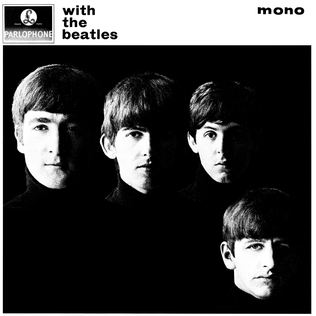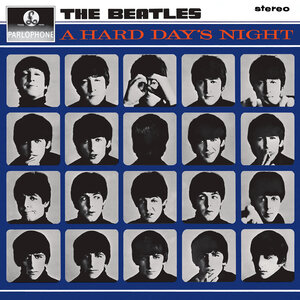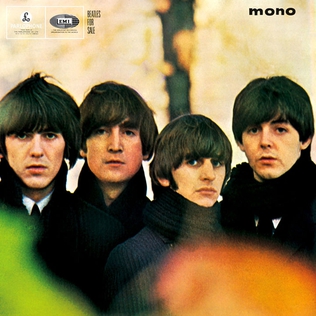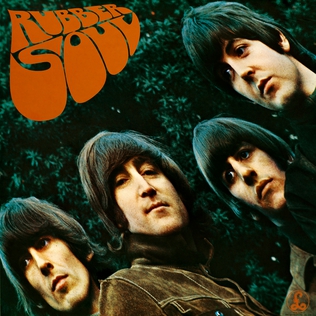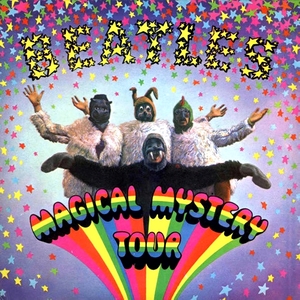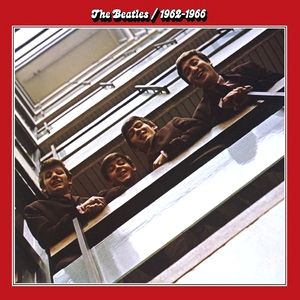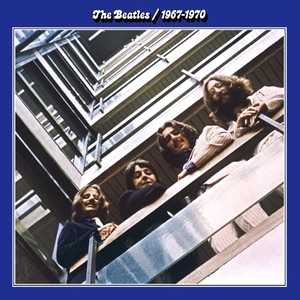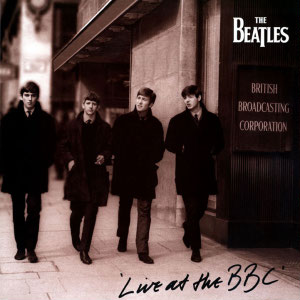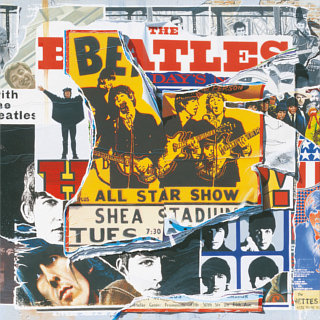About "You Never Give Me Your Money"
"You Never Give Me Your Money" is a song by the English rock band the Beatles. It was written by Paul McCartney (and credited to Lennon–McCartney), and thematically documents the personal difficulties that were facing the band. The song is the first part of the medley on side two of their 1969 album Abbey Road and was recorded in stages between May and August that year.
The song was the first one to be recorded for the medley, which was conceived by McCartney and producer George Martin as a finale for the Beatles' career. The backing track was recorded at Olympic Sound Studios in Barnes, London, but the remainder of overdubs occurred at EMI Studios. Musically, the song is made up of a suite of various segments, ranging from a piano ballad at the beginning through to guitar arpeggios at the end.
Top songs by Beatles
 Let It Be
Let It Be Hey Jude
Hey Jude I Want To Hold Your Hand
I Want To Hold Your Hand Come Together
Come Together A Day In The Life
A Day In The Life Yesterday
Yesterday A Hard Day's Night
A Hard Day's Night All You Need Is Love
All You Need Is Love Michelle
Michelle Ob—la—di, Ob—la—da
Ob—la—di, Ob—la—da And I Love Her
And I Love Her While My Guitar Gently Weeps
While My Guitar Gently Weeps Besame Mucho
Besame Mucho Across The Universe
Across The Universe In My Life
In My Life Blackbird
Blackbird Help!
Help! Roll Over Beethoven
Roll Over Beethoven All My Loving
All My Loving Get Back
Get Back Love Me Do
Love Me Do Here Comes The Sun
Here Comes The Sun Yellow Submarine
Yellow Submarine I Saw Her Standing There
I Saw Her Standing There Girl
Girl Back In The U.s.s.r.
Back In The U.s.s.r. Can't Buy Me Love
Can't Buy Me Love Norwegian Wood (this Bird Has Flown)
Norwegian Wood (this Bird Has Flown) Day Tripper
Day Tripper Eleanor Rigby
Eleanor Rigby Hello, Goodbye
Hello, Goodbye Carol
Carol
"You Never Give Me Your Money" video by Beatles is property and copyright of its owners and it's embedded from Youtube.
Information about the song "You Never Give Me Your Money" is automatically taken from Wikipedia. It may happen that this information does not match with "You Never Give Me Your Money".
SONGSTUBE is against piracy and promotes safe and legal music downloading. Music on this site is for the sole use of educational reference and is the property of respective authors, artists and labels. If you like Beatles songs on this site, please buy them on Itunes, Amazon and other online stores. All other uses are in violation of international copyright laws. This use for educational reference, falls under the "fair use" sections of U.S. copyright law.

